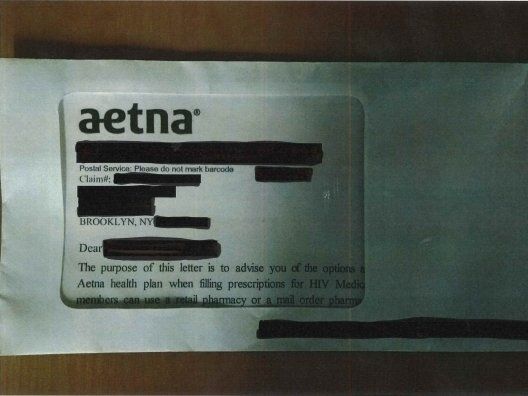Comprehensive government study of identity theft turns up . . .
WASHINGTON DC – Even federal regulators were surprised by what the most comprehensive government study of identity theft turned up: nearly 10 million victims and a loss of $53 billion for businesses and consumers last year alone. And those numbers probably are low because many identity thefts go unreported, Federal Trade Commission officials said Wednesday.
It is a crime of the times. It is a growing crime, said Howard Beales, the FTC’s consumer protection director. “Unfortunately, a fair number of thieves have found it’s a fairly easy way to make money.” The FTC did a random telephone survey of 4,057 adults to try to gauge the extent of identity theft crimes in the last five years. It found 27.3 million people were victimized when someone made unauthorized charges on their credit cards, took money from their bank accounts, or obtained a credit card or official document in their name.
In 2002 alone, the cost was $48 billion for businesses and $5 billion for consumers. Beales said the number of victims was higher than he expected. In 2002, for example, the FTC received 161,819 complaints about identity theft. The commission has set up a Web site with tips on how to avoid identity theft, www.consumer.gov/idtheft and urges consumers to carefully review their credit card statements each month, destroy charge slips rather than simply throw them in the trash, and check their accounts annually with the three credit reporting bureaus. |
The agency also urged financial institutions to pay more attention to whom they are extending credit. Wayne Abernathy, the Treasury Department’s assistant secretary for financial institutions, said the FTC’s report underscores the need for Congress to act. The Bush administration favors legislation that would create a national fraud alert system and improve the accuracy of credit reports. “The problem is so great and its impact on consumers so terrible that we should not delay giving consumers and law enforcers these important new tools to fight identity theft,” he said.
But Rob Schneider of Consumers Union said the administration backed bill- the Fair Credit Reporting Act – would undermine efforts to curtail identity theft. One provision would invalidate state laws such as on recently signed by California Gov. Gray Davis that lets consumers bar companies from sharing information with an affiliated firm in a different business.
The FTC survey found more than half the victims discovered the problem by checking their accounts, and another quarter was alerted by their banks to suspicious activity on their cards. Of the 9.9 million victims last year, 5.2 million discovered unauthorized charges on existing credit card accounts, and 1.5 million found new accounts were opened by others in their names.
By Jonathan D. Salant, Associated Press


